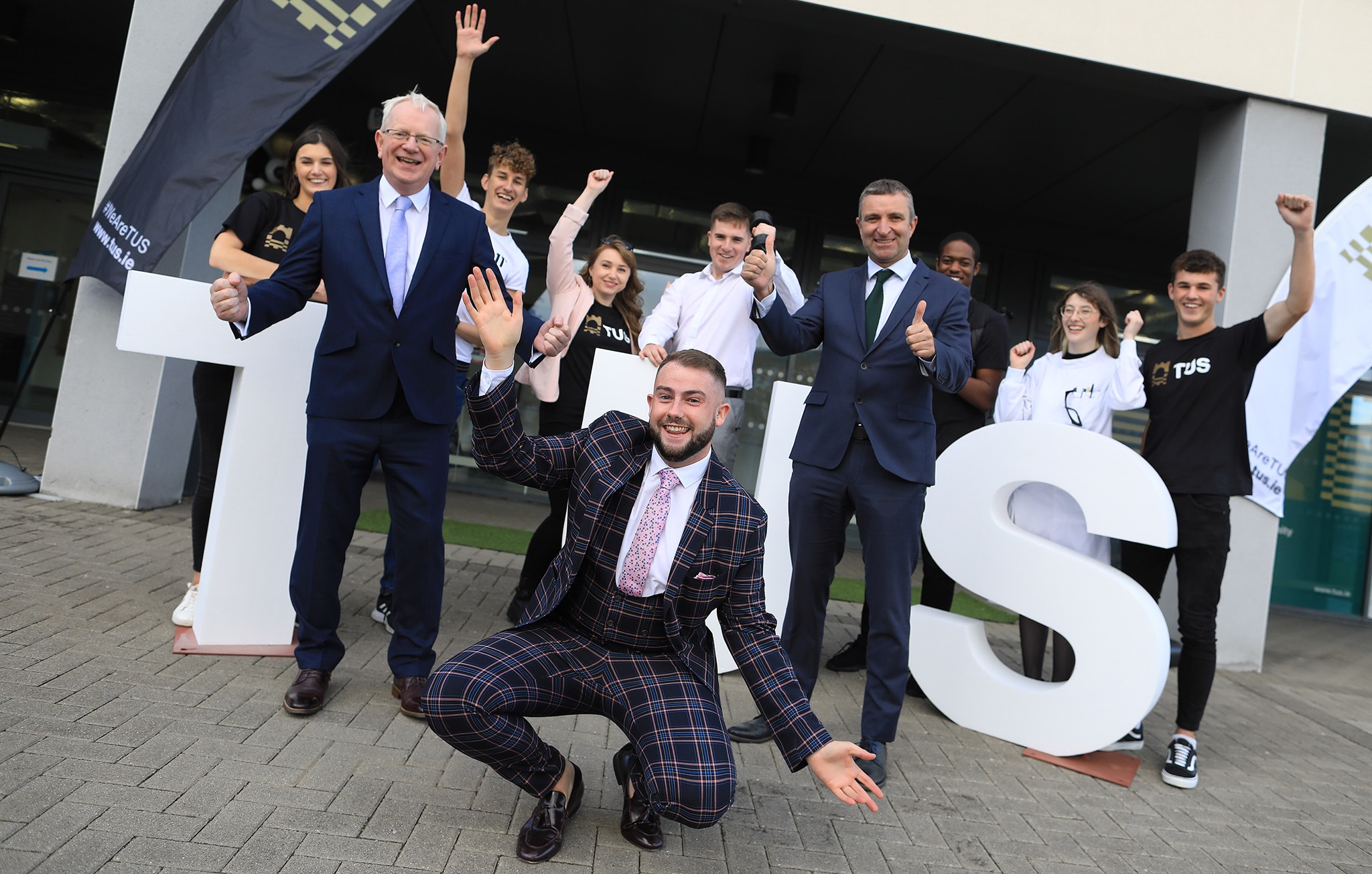Early last week we were asked to comment by the publication Fora.ie about the whole Ryanair fiasco and what we thought of how they handled their crisis.
In a crisis situation we always advise –
- Don’t hide
- Quickly establish the facts
- Be 100% truthful
- Always provide a solution (or a least be honest about working hard to find one)
- Don’t be afraid to say sorry (as long as you mean it)
- Don’t be shy about telling people the good things you are doing
This can be achieved with a combination of holding statements, follow up statements, interviews and implementing any necessary changes.
In the case of Ryanair there wasn’t really a formal apology but Michael O’Leary was door stopped by reporters and did say it was “clearly a mess” but he went on to point out that it was just 2% of their passengers that had been affected. I think Michael is missing the point here about focussing on the good things!
On their website where they have a page dedicated to the cancelled flights they also remind people of this “2%” as well as listing the flights that have been cancelled. They also provide a ‘link’ to a page that directs people to an EU legislation document about entitlements to refunds and compensation.
The words “sorry” or “apologise” don’t appear anywhere!
Understandably customers are irate – Ryanair are not helping the situation by drip feeding news about cancelled flights, their customer contact lines not being managed efficiently and are still overheating their situation by promoting flights at “€19.99”.
Furthermore, they have been denying that part of the problem is pilots leaving to take jobs in other airlines.
This scenario has got even worse with pilots going public with their gripes and painting a pretty awful picture about what life is like working for the ‘low care’ airline.
All of this comes at a time when the airline has been trying to refocus it’s brand with their “Always Getting Better” campaign.
A different scenario?
So – would it have made a difference if Ryanair were upfront, issued a formal apology and showed genuine empathy with inconvenienced customers and were honest about solutions and assurances going forward?
The answer would be a big “Yes” but there is also a big “But” to contend with.
The effectiveness of this approach will depend on what people feel about the company when embarks on such a course –
- Do people feel warmly towards the airline?
- Do they believe that there is a genuine concern for customers?
- Do they believe that staff at the airline are treated well?
- Do they believe that this company does charitable work?
- Do they believe there is a strong moral compass at the airline?
- Have they communicated the great things (if such things exist) they have been doing to the general public and stakeholders?
Maybe realising this Michael felt there was no point pretending to care?
In a crisis a robust process will definitely help but the best preparation for a crisis is to be good and do good things and communicate this effectively – it is only then that people will be willing to listen to your apology and accept it.
Leopards don’t change their spots and not caring will bite you in the butt eventually.









